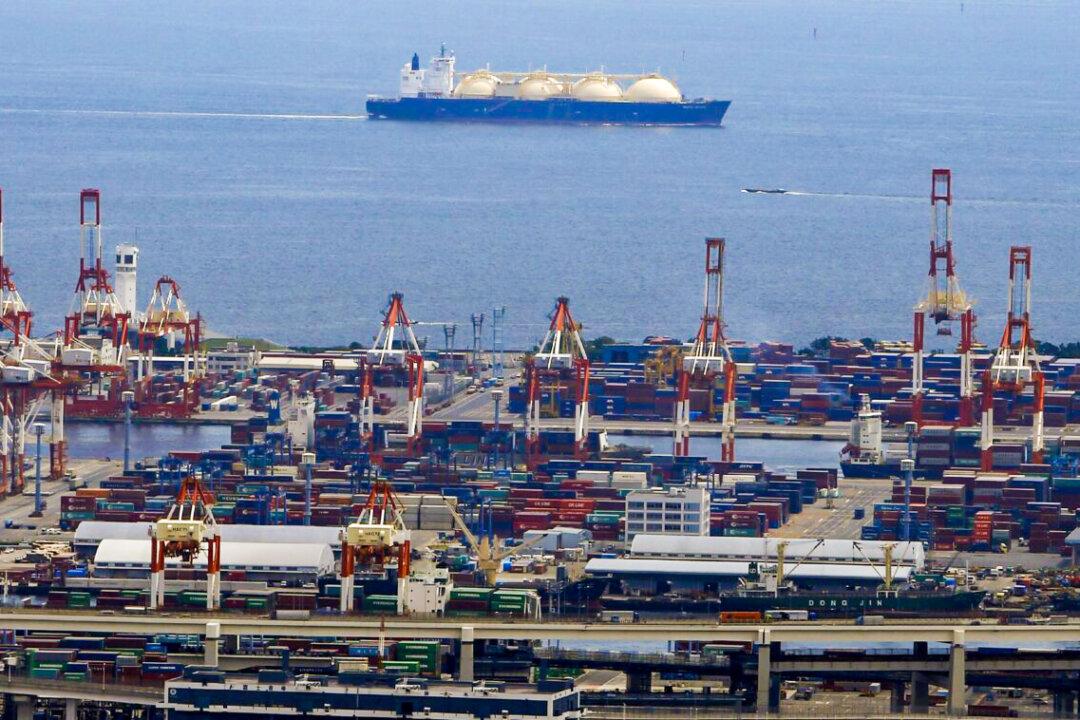Japanese gas and energy firms are seeking alternate natural gas suppliers amid concerns over potential disruption from Russia, which has been subjected to a barrage of Western sanctions since its invasion of Ukraine, according to reports on Monday.
Russia is Japan’s fifth-largest liquefied natural gas (LNG) supplier, accounting for about 8 percent of the country’s consumption. Russia’s Sakhalin-2 oil and gas project was also one of Japan’s main LNG supply sources, with an annual capacity of 9.6 million tons.





